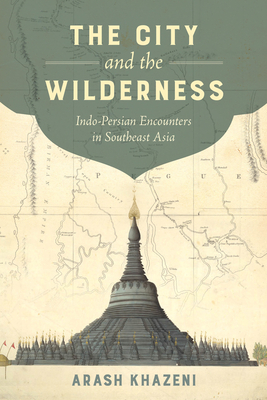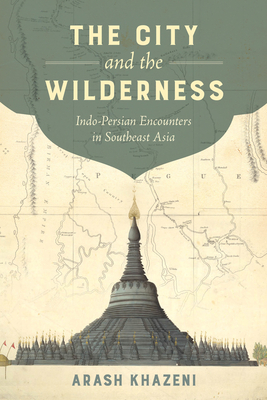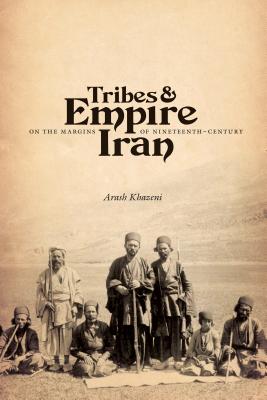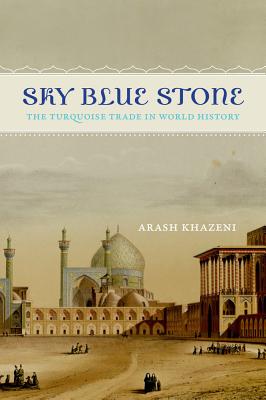Arash Khazeni
Arash Khazeni earned a Ph.D. in history from Yale University in 2006 and joined Pomona College in 2010 following fellowships at the Huntington Library and UCLA. His research is focused on the imperial and environmental histories of the modern Middle East, South Asia, and the Indian Ocean, including the monographs Tribes and Empire on the Margins of Nineteenth-Century Iran (University of Washington Press, 2010), recipient of the Middle East Studies Association Houshang Pourshariati Book Award, Sky Blue Stone:
The Turquoise Trade in World History (University of California Press, 2014), and The City and the Wilderness: Indo-Persian Encounters in Southeast Asia (University of California Press, 2020).
Trained as a historian of the Islamic Middle East, primarily Iran and Afghanistan, during the sixteenth through nineteenth centuries, Khazeni’s research veers to the margins and the places in between empires, world regions, and nations. This emphasis on the margins and borderland spaces began in a Marxist vein, as a context for exploring the histories of societies “from below” in the path of E.P. Thompson, and a way of retracing the pasts of “people without history.”
This method has also found kinship in aspects of the field of environmental history and become associated with certain forms of interconnected global history, in particular a wave of new studies of the Indo-Persian world and inter-Asian contacts and exchanges.
At Pomona College, Khazeni teaches courses on the Middle East, South Asia, and the Indian Ocean in the Department of History and serves as the coordinator of Middle Eastern Studies.
Source: Pomona College - Department of History
Books by Author
Videos







